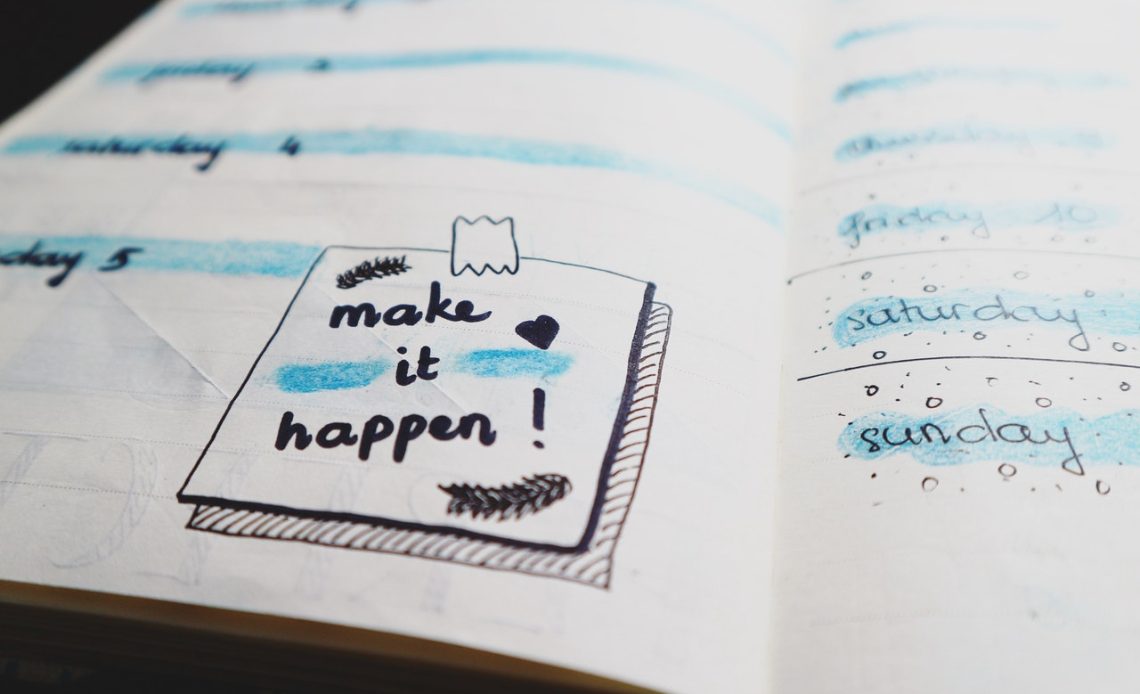
Figuring out how to be more productive at work is difficult, but it’s not as hard as it sounds. Doing tasks that make you feel productive and complete but don’t actually do much in the way of getting things done is a problem that many of us run into.
How do you become more productive? You shouldn’t try to focus on how to get more tasks done in less time. Instead, try focusing on prioritising activities that will actually make an impact.
Follow these easy productivity hacks to increase your own output without any extra work.
Ignore notifications
Instead of checking your email every 10 to 15 minutes and getting nothing done, try checking it just a few set times a day. Doing this will give you increased levels of productivity.
If you have time in the morning, it’s best to immediately answer any emails. If a new late morning email surfaces, check your inbox again just after lunch. The final time to check your inbox is about an hour before work ends for the day.
To avoid checking email too often, close out your email program. This will inhibit your ability to peek at emails and allow you to focus on the task at hand.
Keep your eye on the prize
Put your phone away. Even better, store it away in your workstation desk. Don’t get distracted by social media while at work, because it won’t get anything done. Put that energy into something more productive like your work and give yourself a break from social apps for a few hours.
There are many great apps and software that help you to manage tasks. These tools give you a way to prioritise tasks and conveniently view them. You may want an old-fashioned paper list, but no matter what, don’t lose time digging for your list when it is supposed to be there helping save time and stay focused.
In order to avoid multitasking, make a list of everything you have to do and tackle one task at a time. Working from home is often multitasking, but this can decrease your productivity in the workplace.
Complete tougher tasks first
Easily accomplish more difficult tasks while you’re fresh, before lunchtime. This provides the advantage of being able to focus on more difficult tasks before your brain is too tired and needs a break.
Take a break
Remember, though—just because you’re doing the hard stuff doesn’t mean you should stay in your office chair until you’re drained. Productive breaks will improve your mood, stamina, and health and provide you with higher quality thinking down the road.
Do things now
Get the small tasks done before they get to your list and your brain. A task that will take 2 minutes to complete should be done now, because if you have to prioritise it later it would take longer than just fulfilling it as you see it.
It’s important as a project manager not to be the bottleneck of projects. Constantly thinking, “I need to remember to move that spreadsheet to the other folder” is taking up space in your brain that could be devoted to more important work. For tasks that might take five minutes, just do them now and cross them off your list before they even get there!
Plan better meetings
Office meetings can ruin your productivity, but they are sometimes necessary. When you get the notification of an upcoming meeting, it is crucial that you take it seriously and try to make a schedule so that it interrupts your workflow as little as possible.
To keep the meeting as short as possible, consider holding it in a space that allows people to stand. At the meeting, make a plan for what will happen for the day of the week or month.
To get the most out of meetings, items shat the meeting agenda need to be documented and can be found in tools such as Microsoft Project or other MS products.
Create boundaries
Setting boundaries with coworkers is important to allow you to get work done. You need to be assertive with colleagues when they distract you while working from home.
So don’t take on a project you know can’t contribute positively to. If you realise you’re going to be an asset, then say so. It will make the managing aspect of work easier in the long run.
About the Author
Jarred Manasse is a freelance writer based in Cape Town, South Africa. When he is not at the desk, you’ll find him hiking, camping, running or relaxing on the couch watching sports.
